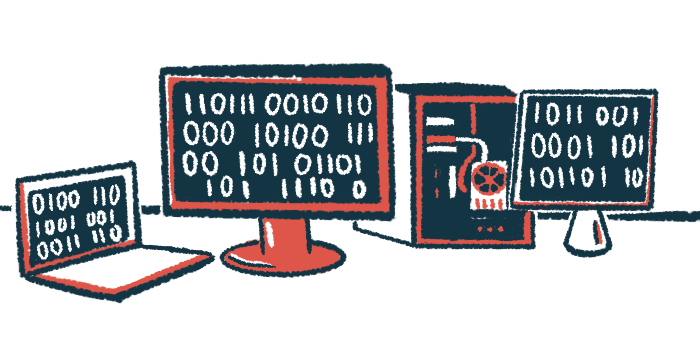New PromoterAI algorithm may aid rare disease diagnoses
The tool ID's genetic variants in noncoding regions of genes

Illumina has launched PromoterAI, an artificial intelligence (AI) algorithm to identify genetic variants in noncoding regions of genes that may cause rare diseases such as aromatic l-amino acid decarboxylase (AADC) deficiency.
The technology is intended to help researchers diagnose more people with rare diseases caused by mutations in noncoding gene regions, that is, regions that don’t provide information to produce proteins, but do regulate their production.
“Combined with whole-genome sequencing, we believe PromoterAI holds the power to improve the rate of rare disease diagnosis by identifying previously overlooked variants in the noncoding genome,” Kyle Farh, MD, PhD, vice president and head of the Illumina Artificial Intelligence Lab, said in a company press release. “One of the challenges of searching for the genetic causes of rare disease is that, even if the protein-coding sequence of a gene is free from variants, mutations in that gene’s promoter region can prevent it from being properly expressed.”
Only about a third of people with rare diseases receive an accurate diagnosis based on exome sequencing, a genetic testing technique that sequences all protein-coding regions of genes in DNA. This suggests that other disease-causing mutations may occur in noncoding regions, which include gene promoters, or sequences that help regulate when and how a gene is transcribed into messenger RNA, the intermediate molecule that carries instructions for protein production.
What does PromoterAI algorithm do?
The PromoterAI algorithm interprets the genetic sequence of promoters obtained from whole-genome sequencing, a technique that sequences a person’s entire set of genes. Doing this, it may help diagnose more patients with genetic diseases caused by mutations in promoter regions and identify targets toward new treatments for rare diseases.
According to the study, “Predicting expression-altering promoter mutations with deep learning,” published in Science, the technology identified promoter variants predicted to alter the expression of clinically relevant genes in people with rare diseases. Based on it, researchers estimated that variants in promoter regions account for 6% of the genetic causes of rare diseases. Gene expression refers to the process whereby a gene’s instructions are used to make a useful product, usually a protein.
PromoterAI includes precomputed scores for all human promoter variants, which are freely available for academic and noncommercial research use. It will be accessible through Illumina Connected Software, a tool that supports integration with whole-genome sequencing data and can be used to prioritize variants that are important to a given case. The tool is already available as part of DRAGEN secondary analysis, a bioinformatics tool to analyze data from genome sequencing.
“PromoterAI is the latest addition to our AI and software portfolio, which has delivered leading quality, prediction accuracy, and comprehensiveness to turn data into valuable insights,” said Rami Mehio, Illumina’s vice president and global head of software and informatics.
The company previously launched other AI tools, including SpliceAI for interpreting noncoding cryptic splice mutations, which result in the production of nonfunctional, shorter proteins or none at all, and PrimateAI-3D, which predicts the ability of mutations in protein-coding regions to cause disease based on protein structure and evolutionary conservation.







